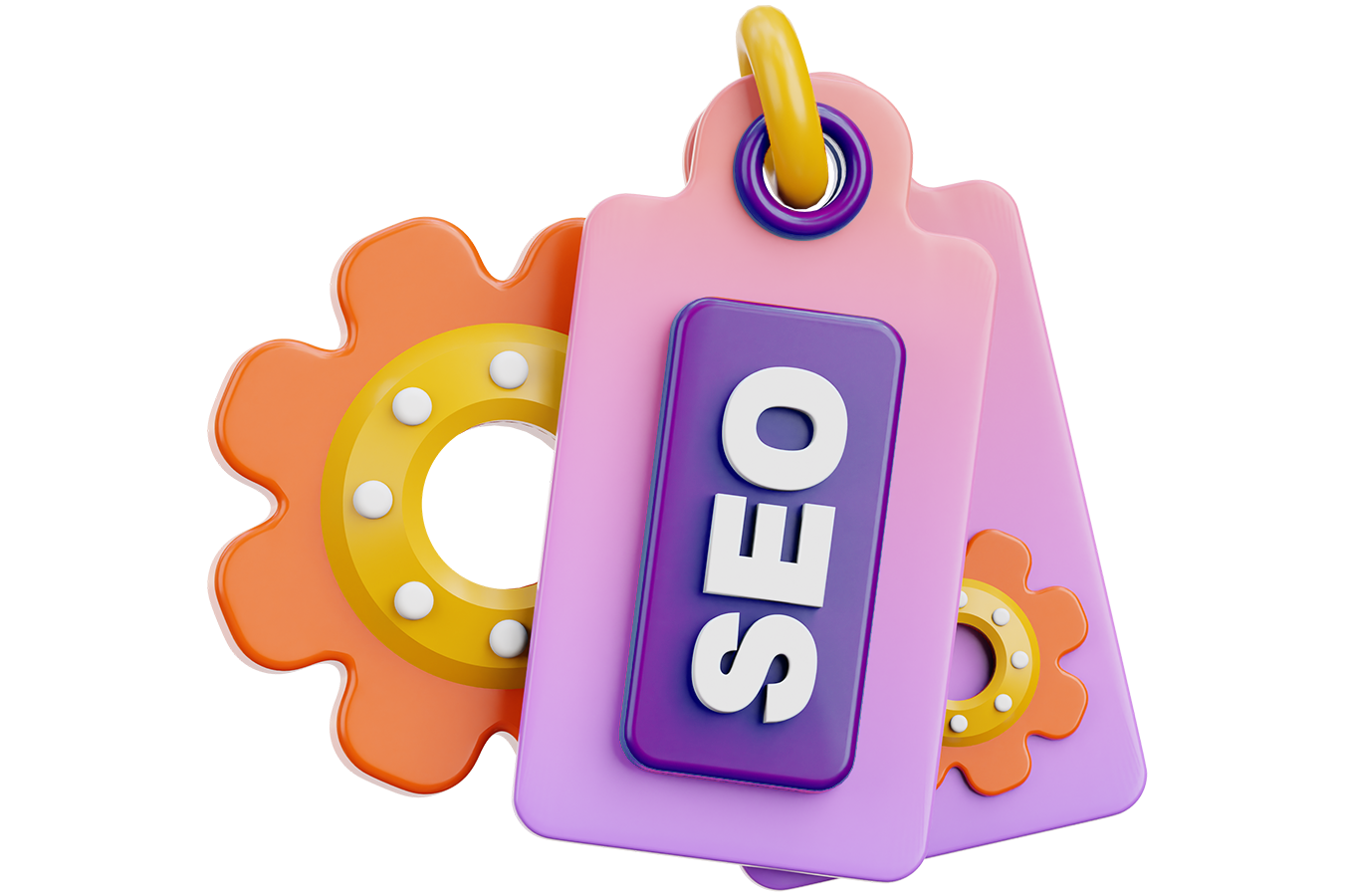
On-page SEO
On-page SEO is the practice of optimizing individual web pages in order to rank higher and earn more relevant traffic in search engines. On-page refers to both the content and HTML source code of a page that can be optimized, as opposed to off-page SEO which refers to links and other external signals.
For those new to on-page SEO, we highly recommend reading our On-Page Ranking Factors. On-page SEO has changed over the years, so it's important to keep up with the latest practices. Below are the latest post about on-page SEO from the Moz Blog, and we have chosen our favorite resources to help you along your journey.
On-Page SEO : The Beginner's Guide to SEO: Everything you need to get started to optimize your pages.
On-Site SEO Learning Center : Our free on-site SEO learning hub. Here, we’ve gathered our top resources in one place.
More than Keywords: 7 Concepts of Advanced On-Page SEO : On-page SEO starts with keywords, but Google uses tons of advanced methods to determine content relevance.
Illustrated Guide to Advanced On-Page Topic Targeting for SEO : A simple framework for on-page topic targeting that produces satisfying content and makes optimizing easy.
What's changed in SEO? : Looking back at a popular Whiteboard Friday, let's see what's changed and what still remains relevant today in SEO.


A One-Stop SEO Bookmarklet to Quickly Review On-Site SEO
Shortly before Tom Critchlow's excellent post on using Javascript bookmarklets to help make us more efficient in our jobs as SEOs I had begun work on a bookmarklet that lets me review a variety of on- and ...
Rel Canonical on Affiliate and Partner Links
The canonical link element has been around for nearly 3 years. Apart from protecting your website from duplicate content, it has the power to take advantage of otherwise hard to get links. I can’t get my head around why there are so many sites with affiliate and partner programs, missing out on their most valuable links.
Schema.org - Why You're Behind if You're Not Using It...
If someone told you that there was a quick and easy way that many of you could improve your SERP CTR for minimal effort, you’d all stop in your tracks and give them full attention. Yet, Schema.org and rich snippets are still horribly under-utilized. Since Google (and Bing!) ...
An SEO Guide to Adsense, Ads and Placement
SEOs don't talk about advertising much, perhaps because it's the conceptual opposite of “great content.” The truth is, advertising is the gasoline that runs much of the web. Without ad revenue, great sites we love like Search Engine Land, Smashing Magazine, and even Wired might...
4 Graphics to Help Illustrate On-Page SEO
For many SEO professionals, on-page optimization is back to basics. But sadly, there seem to be a lot of us who still make some very basic mistakes. In this post, I'll try to add on to my previous writing on perfecting on-page optimization by sharing some visuals that can hopefully help to hammer key points of the practice home.
Should I Change My URLs for SEO?
Are you constantly fine-tuning your URLs for SEO? Here's 5 scenarios where you might need a change, and a lot of reasons you might not.
Improving Page Speed with Amazon Web Services - A Beginner's Guide
After the fantastic tips in edbaxter's post on Optimizing Page Speed, I decided it was time for a beginner's guide on one of the most effective methods to increase speed that was only mentioned in that post: a Content Delivery Network (CDN). The purpose of a CDN is to put your website's static or unchanging files on very fast servers all over the world, so that requests to view the content by visitors to your site have the shorter possible trip to get your data. An example of these static files are images, css, and javascript files.
SEO for the iPad
When the iPad first came out, like many people, I didn't really get it. My initial thoughts were something along the lines of "Steve... what the hell?! You've produced a giant iPod and are somehow trying to claim its some sort of brilliant new product." I resolved never to buy one, considering it simply a folly for overly wealthy businessmen or an iPod designed for the visually impaired.
How I Would Do SEO for Hipmunk.com
I'll admit it, I just love Hipmunk. In this post I'm going to outline an SEO strategy for them for all to see. I thought it would be interesting to get hands-on with a particular site (not something we do often here on the moz blog) and potentially handy for the Hipmunk team too! Interestingly there's a question of if they should even be investing in S...
Beating Google's Panda Update - 5 Deadly Content Sins
Was SEOmoz affected by Google’s Panda Updates? It depends how you look at it. Since the first update hit in February of 2011, organic search traffic to SEOmoz has...


